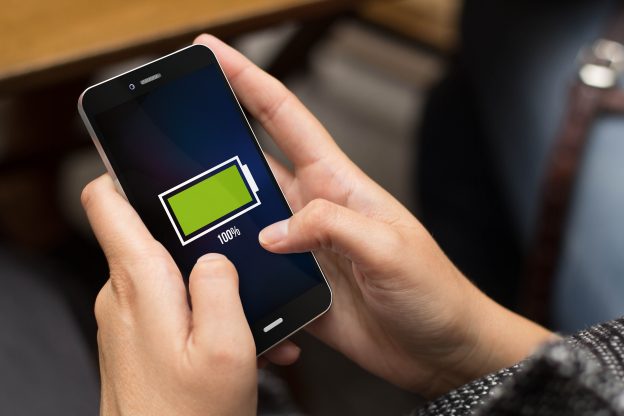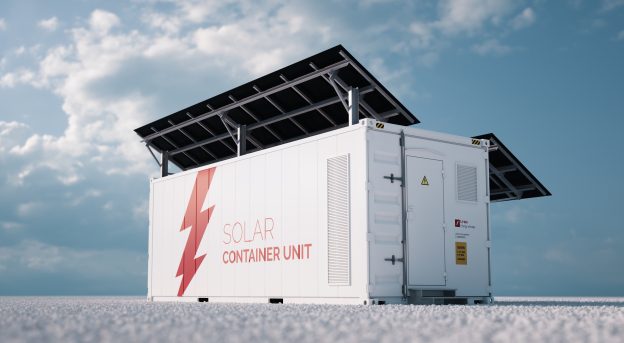Recently, U.S. President Donald Trump visited the Middle East, signing cutting-edge technology deals worth hundreds of billions of dollars with Saudi Arabia and securing trillion-dollar economic commitments with Qatar. He also made a major announcement: the United States plans to ramp up artificial intelligence development in the Middle East. This includes selling over 1 million high-end AI chips to the region and jointly building large-scale data centers.
Notably, several top executives from leading AI technology companies accompanied Trump on his trip, including NVIDIA CEO Jensen Huang, OpenAI CEO Sam Altman, SoftBank Chairman Masayoshi Son, and Cisco President Jeetu Patel. During the visit to Saudi Arabia, NVIDIA signed a major chip supply deal to provide the country with hundreds of thousands of Blackwell AI chips. At the Saudi-U.S. Investment Forum, Jensen Huang announced that NVIDIA will supply 18,000 top-tier AI chips to Humain, an AI startup backed by Saudi Arabia's sovereign wealth fund, to power its new data center project. These advanced Blackwell chips will be used in the construction of a 500MW data center in Saudi Arabia, which is expected to rely heavily on solar and energy storage systems.
In recent years, Middle Eastern countries, particularly Saudi Arabia and the United Arab Emirates (UAE), have made AI and renewable energy national strategic priorities. The UAE even appointed the world’s first “Minister of Artificial Intelligence” in 2017, underscoring its commitment to these sectors. During his visit to the UAE, Trump announced that the U.S. and UAE are collaborating to build the region’s largest AI park, to be located in Abu Dhabi. According to the U.S. Department of Commerce, the data center in Abu Dhabi is being developed by UAE-based company G42, with several American companies participating in its construction and operations to provide cloud services across the region. The facility will span over 25 square kilometers and have a total power capacity of 5,000MW, with the first phase delivering a 1,000MW AI data center.
Lennart Heim, an analyst at RAND Corporation, estimated on social media that the newly announced UAE data center could support the operation of 2.5 million NVIDIA B200 flagship AI chips. Public records show that G42 is a UAE government-backed entity aimed at advancing AI investments in the country. G42 has also invested in OpenAI and xAI, the AI company founded by tech magnate Elon Musk. In addition, Microsoft, OpenAI’s largest investor, reached a $1.5 billion investment agreement with G42 last year.
According to a report by the Semiconductor Industry Association (SIA), global data center power demand for critical IT infrastructure is expected to surge from 49 GW in 2023 to 96 GW by 2026, with AI projected to consume around 40 GW. As data center power usage accelerates globally, AI's share of that demand is expected to grow even larger. The SIA report also shows that the electricity rate for AI deployment in the U.S. is $0.083/kWh, while it's only $0.074/kWh in the UAE and $0.048/kWh in Saudi Arabia.
These low electricity costs in the UAE and Saudi Arabia are largely attributed to Chinese photovoltaic (PV) technology. Leveraging their natural advantage of abundant sunlight in the desert, these countries have aggressively partnered with Chinese companies to develop solar energy, pushing electricity prices to some of the lowest levels in the world. For instance, the AI Dhafra project in the UAE, involving Chinese firms, set a global record in 2020 with a bid price of just 1.32 cents/kWh. Later, another Chinese-led project in Saudi Arabia—the Sudair Solar Park—broke that record with a bid price of only 1.04 cents/kWh.
Given that AI is extremely power- and chip-intensive, the Middle East—rich in capital, low in electricity costs, and offering vast renewable energy potential—is clearly better positioned to meet the hardware demands of the AI era. Solar, wind, and energy storage systems are increasingly seen as key solutions to addressing AI’s growing energy consumption. As Middle Eastern countries experience a boom in AI data center construction, this trend presents a long-term growth opportunity for Chinese solar and energy storage companies.







